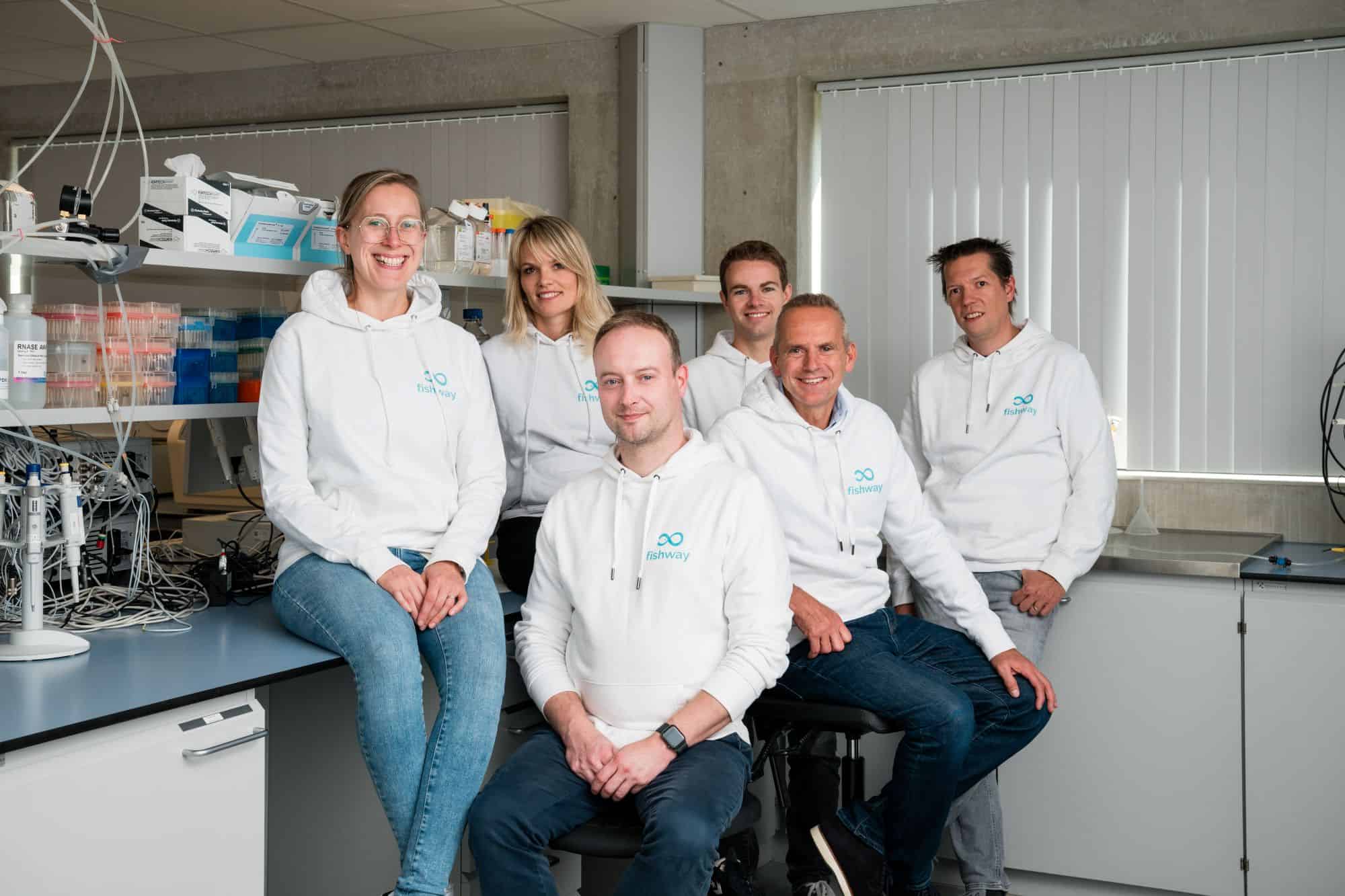Berlin-based fungi protein startup Nosh.bio is launching a hybrid beef mince and koji protein product in partnership with the food service sector.
The product will initially be made available through a collaboration with Berlin restaurant Speisemanufaktur Adlershof, which will serve the hybrid mince across a variety of familiar dishes such as burgers, meatballs, and lasagna. These meals will be available to the public for a week; there will also be a press-only tasting on September 17.
The collaboration aims to showcase the product’s adaptability in different culinary formats and its suitability for large-scale food production. Additionally, it will help Nosh.bio gather feedback on the mince’s flavour, texture, and overall performance. This could validate the ingredient’s potential for adoption by industry partners.
“Our mycelium-based Koji Protein is a true plug-in solution, seamlessly integrating into existing meat production lines without costly changes, delivering exceptional texture, nutrition, and clean labeling,” Nosh.bio co-founder and CEO Tim Fronzek told Cultivated X in a recent interview. “We actively help partners stay competitive, meet shifting consumer demand, and move toward a more sustainable future.”

Reducing reliance on animal protein
Nosh.bio’s clean-label protein is produced by fermenting the mycelium of non-GMO koji fungi, which is grown using only water and natural inputs. Agricultural side-streams can be used as feedstock, and the process can be carried out in existing fermentation facilities such as former breweries to enable rapid scaling and keep costs low.
The hybrid mince reportedly has the flavour and mouthfeel of beef, but is cheaper with a lower environmental footprint. Furthermore, its potential applications go beyond meat and seafood to confectionery, dairy, and bakery products.
“We are pleased to collaborate with Speisemanufaktur Adlershof on the first public launch of our hybrid mince,” said Fronzek. “This event gives us the opportunity to demonstrate how our ingredient performs in staple dishes and to gather valuable feedback from the press and end consumers. Insights from this showcase complement our broader work with food manufacturers and industry partners as we scale sustainable protein solutions — giving meat-eaters the taste and texture they expect, while helping reduce reliance on animal protein.”




